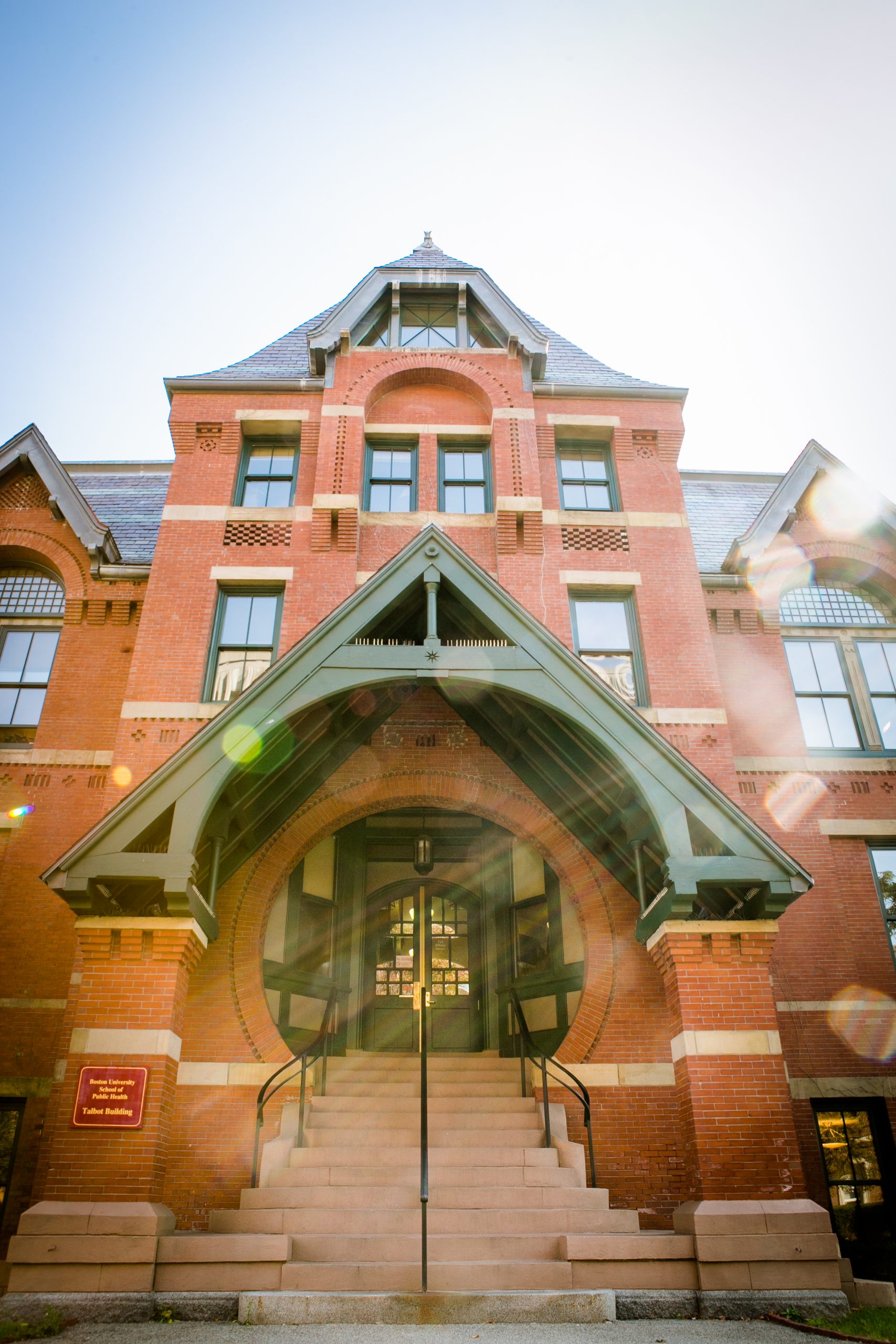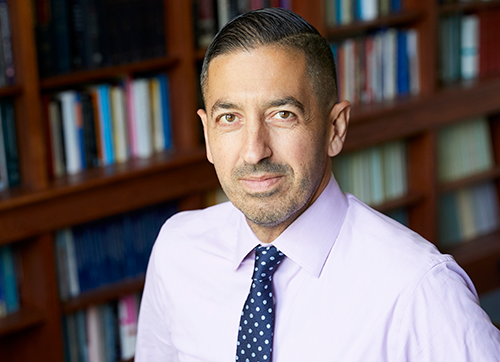Causes for Hope in the New Year.

Causes for Hope in the New Year
About two years after the start of the COVID-19 crisis, the moment remains difficult for many around the country and around the world. In the US, over 800,000 have died from the virus, and over five million have died worldwide. The pandemic has been accompanied by widespread economic and social costs including job loss, disruption of children’s education, poor mental health. It is indisputable that these adverse effects fall most heavily on those who are already vulnerable. The emergence of variants like Omicron has only added to this uncertainty.
It is difficult, at times, to see beyond these challenges. And yet as we look to a new year, I find myself hopeful.
Hope is not the same as optimism. Optimism can be naïve, without roots in a pragmatic vision of the world as it is. Optimism can be shallow, subject to changing circumstances and easily overwhelmed when times get difficult. Hope, on the other hand, is based on a clear-eyed understanding of the world in all its tragedy and challenge. It is the persistent belief that the ultimate trajectory of events in their totality favors progress, justice, and the creation of a better world. Because hope dares to insist upon itself in the midst of suffering, it can feel radical, even, as a former President put it, audacious. It is precisely when times are difficult that hope is most urgently needed.
So, I choose hope. As we look to the new year, I would like to share four of the causes of my hope, which, I think, justify looking to better days ahead.
Crises and challenges are opportunities for learning
The word “apocalypse” comes from the Greek word apokalýptein, which means “to uncover, disclose, reveal.” This reflects the link between moments of catastrophe and the deeper understanding, even wisdom, they can bring. The pandemic has been no exception, bringing much pain but also much learning. It has shown us truths about our world we might not otherwise have seen clearly, from racism to health inequities to the many ways we were unprepared to handle a pandemic. It has also made more of us aware of the importance of supporting health as a public good. We have seen how health is interconnected and how supporting the health of the individual is inseparable from supporting the health of the group. With such knowledge can come growth, if we commit to applying the lessons of the moment to creating a healthier world. The experience of COVID was a high price to pay for such knowledge. However, now that we have this information, we have a responsibility to use it, and to do so with intentionality, towards building a better future.
We are having uncomfortable, necessary conversations
During COVID-19, the country had a moment of conversation about racial and social injustice unlike any we have seen in 50 years. By some estimates, the protests following the murder of George Floyd were the largest in US history. These protests have informed an ongoing conversation about racial injustice in this country. In some ways, the protests of 2020 recalled the Occupy Wall Street protests of 2011. Yet the more recent protests are arguably distinct for how they have sustained a movement which has shaped proposed legislation and indelibly altered how the country engages with core issues. That we are willing to engage in this uncomfortable, necessary conversation is indeed cause for hope.
We recognize the politics of division for what they are
The pandemic was made significantly worse by a range of factors that had long shaped the country, not least of which was our dysfunctional politics. The previous administration’s divisiveness, and the inclination of the then opposition to counter, at times, without leaning on the the better angels of our nature, undermined our capacity to respond to the crisis. While we cannot be said to be free of this divided moment, we are in a position, I think, to recognize how the forces that are driving us apart are bad for our health. This opens the door to a healthier engagement with these forces, as we do the hard work of trying to look beyond division and create a better world. It is also worth noting last year’s political sea change, in which the country selected leaders who have largely eschewed the rhetorical divisiveness of the previous administration and gestured to an ideal of unity that is welcome indeed after so much of the opposite. We should not underestimate the value of these rhetorical shifts to help set the tone for our national conversation. Nor should we underestimate the good of simply talking about the politics of division, of labeling the rhetorical currents that have done so much to harm us, so we might be warier of them in the future.
This can be a time of transformation
This is a moment of change. The emergence of COVID-19 as a global crisis ensured that there would be no going back to the world as it was prior to the pandemic. Whether these changes are entirely for the worse or are part of a process that leads to a better world is, in large part, up to us. With so much unsettled, now is the time to push for a better, forward-looking world. My hope that we will indeed create such a world is grounded in seeing the talent of the students in our midst, the scholarship generated by our faculty, and the daily efforts of our staff to promote excellence in all we do. Our community fills me with hope that the work of a group of passionate, committed people can do much to transform the world for the better.
I say this mindful that we are in a hard moment. As a community, we face difficulties—from COVID and in other areas. But part of our mission is keeping our eye on the important, not just the urgent, towards supporting the long-term pursuit of health. Fundamentally, we are in the business of generating a healthier world, and hope is an integral part of this. Hope does not depend on the relative ease or difficulty of what lies ahead of us. It depends on our innate human capacity to seek a better world regardless of the immediate circumstances. We all find ourselves from time to time in difficult situations. But even in these situations, we have the capacity to look up at the stars, to be guided by hope, always, keeping the faith that a better day will come and that we can play an active role in bringing it about
May 2022 be such a year. Thank you for all you do, each day, to help get us there.
Warm regards,
Sandro
Sandro Galea, MD, DrPH
Dean and Robert A. Knox Professor
Boston University School of Public Health
Twitter: @sandrogalea
Acknowledgement: I am grateful to Eric DelGizzo for his contributions to this Dean’s Note.
Previous Dean’s Notes are archived at: http://www.bu.edu/sph/tag/deans-note/
